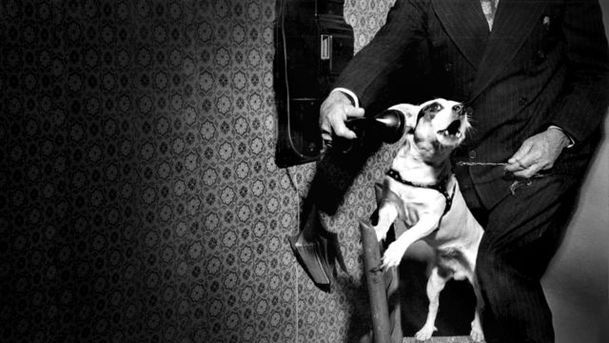Sunday Feature - The Pleasure Telephone

The remarkable story of the use of the early telephone to relay live entertainment and news direct to subscribers' homes in the late 19th/early 20th century. The gasps of admiration at Alexander Graham Bell's 1876 invention of the telephone had barely died away before the new medium was being seen not just as a means of conversation but as an instrument for relaying live music. As soon as 1881, live performances from two Paris opera houses were being transmitted to a great electrical exhibition. Opera was to have an honoured place in entertainment-by-telephone history - in London, for example, Covent Garden performances could be accessed live in private homes, gentlemen's clubs and hotels. In the USA, subscribers were 'taught' operas by an interweaving of spoken libretto and recordings of arias. However, The Pleasure Telephone also looks at the breadth of entertainment offered via the telephone by companies in the UK, Hungary, France and the USA. In London, for example, the Electrophone company offered a range of West End productions to subscribers - including via coin-in-the-slot machines. There was also live worship on offer from prominent churches. But the most astonishing developments took place in Budapest, where the Telefon Hirmondo company offered what we would fully recognise as a radio station - including a full daily schedule of up-to-the-minute news of all kinds. The Pleasure Telephone tracks down key locations and various items of authentic equipment - visiting the Opera Comique in Paris, and in the UK the Science Museum, the Amberley Working Museum in Sussex, the Palace Theatre in London and the Museum of London, which owns an original Electrophone table at which subscribers sat to listen via special headsets. Presenter: Broadcaster and journalist Edward Seckerson has a prominent internet presence as an interviewer and podcast creator. Among the contributors to The Pleasure Telephone are John Liffen of the Science Museum, communications historians Tim Crook, Neil Johannesen and Sean Street, Royal Opera House archivist Francesca Franchi and music journalist Patrick O'Connor, who died suddenly during the making of this programme.